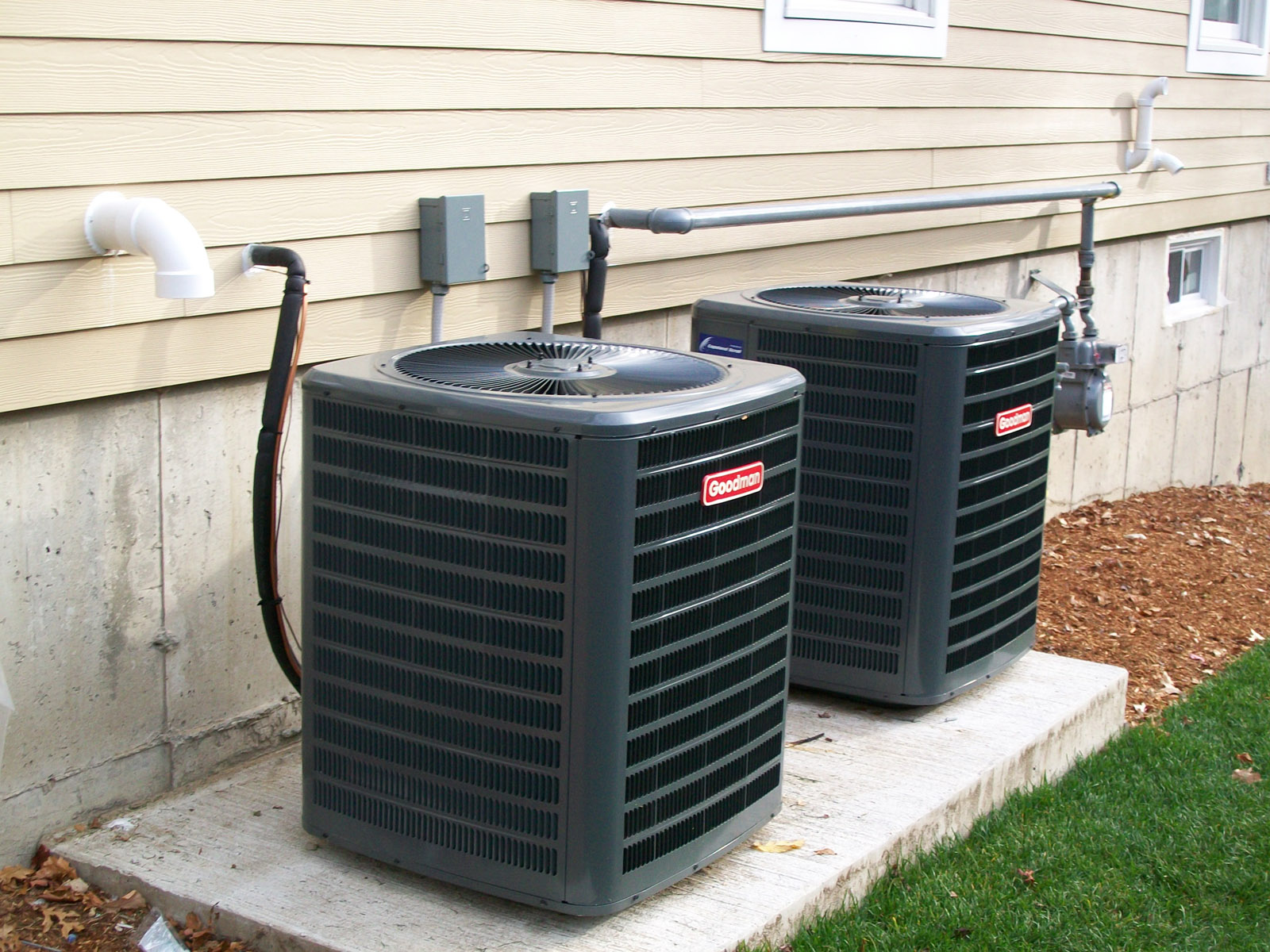Does size of air conditioner matter?
When it comes to size of air conditioner, in short, yes.
There are three rankings of air conditioner that deal with size or quality that will change the power and capabilities of air conditioners.
These size of air conditioner factors are BTUs, Tonnage, and SEER rating.
Let’s breakdown each one and explain why they’re important for helping you choose the right air conditioner for you.
BTUs
Before we jump into how many BTUs your air conditioner needs, we need to first explain what BTUs are and why they’re important.
BTU stands for British Thermal Unit.
1 BTU is the amount of heat necessary to raise the temperature of a single pound of water 1 degree.
If you Google BTUs and size of air conditioner, you’ll come up with as many sizing options as there are websites. The average living room needs upwards of 18,000 BTUs.
BTUs are calculated not only by the size of the room, but the number of levels in a home, how open the layout is, how tall the ceiling is, how many windows are in the room, etc.
All of these factors affect how much power is needed to accurately cool a room.
Why BTUs matter
Rather than attempt to determine the BTUs yourself, you should rely on a licensed HVAC contractor to properly size your air conditioner.
But that doesn’t mean you should trust just any contractor. Doing your due diligence is always important for any big decision like purchasing an air conditioner.
Without the proper BTUs for necessary to accommodate your house, your A/C and your home will suffer from inefficiency.
A/C Tonnage
BTUs and Tonnage go hand in hand. They are dependent on one another.
A one ton A/C is approximately 12,000 BTUs.
Where as BTUs is related to how fast water is heated, tonnage refers to how much power is required to melt a ton of ice overage 24 hours.
Since the heat required to melt a ton of ice over 24 hour is 288,000 BTUs, we divide that be 24 to get the amount per hour, which is 12,000.
Typical residential air conditioners are between 1 and 5 tons with 2.5 and 3 ton units being the most common.
In instances where the home requires a power larger than 4-5 tons, the system will frequently be split.
Meaning instead of a single powerful unit taking care of the house, there will be two units installed. These units will control different parts of the house.
SEER Rating
The final aspect of measuring the power and efficiency of an air conditioner is the SEER rating.
It stands for Seasonal Energy Efficiency Ratio, and you’ll frequently see your air conditioner associated with a SEER rating.
Keep in mind that a minimum SEER rating of 14 is required my California law as of 2015.
The SEER rating doesn’t mean your air conditioner will blow any colder air than normal. It is solely a number to describe how energy efficient the unit is in terms of energy consumption.
High SEER = Less power = same result
In a nutshell, the higher your SEER rating, the less money you’ll spend on energy bills.
But be careful, that is a point of diminishing returns. The difference between a 14 SEER and a 16 SEER can be a few thousand dollars. But the energy savings may not exceed $10-$30/month.
Is it better in the long run? Sure. But don’t expect upfront savings. It’s a long-term investment, not a quick fix to high energy bills.
You stand to gain the most if you currently have an older system such as an 8 SEER. Simply purchasing the minimum 14 SEER is a huge upgrade and could have you banking as much as a 40% savings on your energy bill.
In Conclusion
There are three sizing factors that every air conditioner has: BTUs, Tonnage, and SEER rating.
While BTUs and Tonnage deal with the power of the unit and are directly related to one another, SEER rating is about energy efficiency.
All said, the three go hand in hand in determining the cost and usefulness of your air conditioner.
Get too small of a unit, and your system will struggle to keep up with the temperature demands of your thermostat.
Choose too an air conditioner that’s too big and you’ll be plagued with inefficiency and higher energy bills.
As we recommended earlier, it’s best to speak with a licensed HVAC professional to help you determine what system is best for your home.
Give Select Home Improvements a call and we’ll provide you with a free in-home estimate.
Select Home Improvements is the best choice if you are looking for a home improvement contractor. If you have questions about your project please contact Select Home Improvements. We are here to assist you.
Call us at (855) 995-2233.


